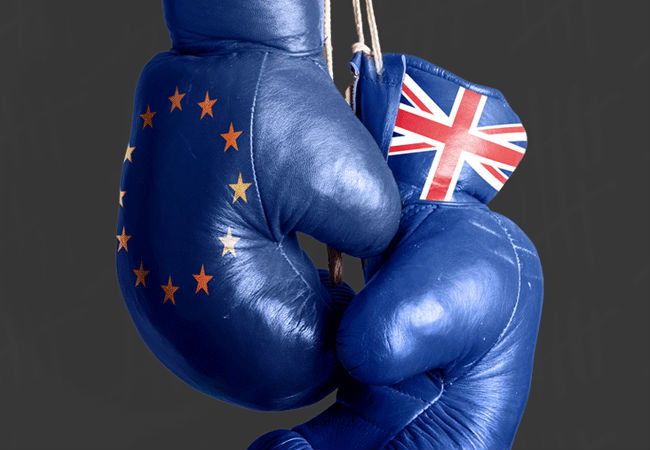The British Government have this week published two documents: one on alternatives to EU membership should the British people vote to leave the EU, and the other on the process of leaving. Both are available on the No 10 Downing Street website.
If the British people vote to leave it is, so David Cameron has said – and I believe he is right – inconceivable that any British Government could do anything except turn that vote into reality i.e. start the process of leaving. The notion that we would then vote for a better deal is fanciful. The focus of our 27 partners will be on protecting their own interests. Negotiations would be held under Article 50 of the EU treaty – an article designed to deter countries from leaving by putting most of the cards in the hands of those countries which remain. So, once the UK had notified its intention of leaving, the 27 other member Governments of the EU would meet in a summit and determine a mandate for the negotiation of Britain’s withdrawal. The British Government would not be at the table. The 27 would give a negotiating mandate to the European Commission who would conduct the detailed negotiations with the UK. Article 50 is about leaving. It implies that there would also have to be negotiations about the future relationship between the departing country and the EU, but does not say whether these would take place simultaneously with the process of dismantling the existing relationship. Logic suggests that they should.
Two years are allowed for the negotiations. The period can be extended provided all 27 other member countries agree. At the end of the period, the 27 vote by qualified majority on the final deal. In other words, they can determine the nature of the deal with the UK regardless of British views. If the British Government refused to accept what was on offer the 27 could, by their vote, compel the UK to leave without any new arrangements being in place. The voting rules mean that no one Member State can veto a deal with the UK but any deal would need to be agreed by 20 out of 27 countries, representing 65% of the population of the 27. The European Parliament would also have to agree the deal. If the negotiations had included an agreement on the future relationship between the UK and the EU that agreement would probably require a unanimous decision of the 27. It would also require ratification in every one of the 27 – mostly by a decision of their Parliaments.
There are various models for a future relationship between the UK and the European Union. In the absence of a specific deal, the UK would have to rely on the rules of the World Trade Organisation (WTO). This would mean that, for the first time since we joined the European Community in 1973, there would be trade tariffs between the UK and the EU countries: 10% in the case of cars and an average 14% tariff on agricultural exports. Of course, the EU countries would have an interest in negotiating a specific trade deal with the UK. Our market is a large one. But 12.6% of UK GDP is linked to exports to the rest of the EU. Only 3.1% of GDP among the 27 is linked to exports to the UK. So the notion that we could dictate our terms is unrealistic.
Of the alternatives, based on existing arrangements between the EU and third countries, the so-called Norway model is the most probable one that would be followed. Norway has access to the EU single market. The Norwegian Government pay for it through financial contributions (similar to those of an EU Member State of equivalent size) and by having to accept (without having any decision making role in them) the single market rules decided by the EU. Norwegian goods exported to the EU have to undergo customs checks at the EU frontier, one of the most significant non-tariff barriers which the EU abolished for intra-EU trade under the rules of the single market. The single market rules which Norway is obliged to implement include freedom of movement for people and some, but not all, of the EU’s social protection, such as working time. Some argue that Britain could have all the benefits of EU single market access without the costs in terms of freedom of movement or social rules. This view ignores the political realities in other Member States. Norway does not benefit from EU free trade agreements with non-EU countries. As a member of EFTA she participates in a number of other free trade agreements. If the UK opted for a Norway model (which in itself would require ratification by the existing EFTA members and the 27 member of the EU) those trade agreements would have to be renegotiated if the UK was to be part of them. Such negotiations generally take a number of years.
So the UK would have no seat at the EU negotiating table, no Members of the European Parliament, no voice or vote in decisions which we would be obliged to implement (compared with now where, as one of the biggest EU Member States, we command 13% of the votes in the Council of Ministers and have 10% of the Members of the European Parliament). We would have no say in the formulation of EU foreign and security policy (e.g. sanctions on Russia over Ukraine, the Iran sanctions and nuclear deal).
I suggest that for any business operating in the UK, the two documents I have summarised are essential reading.

